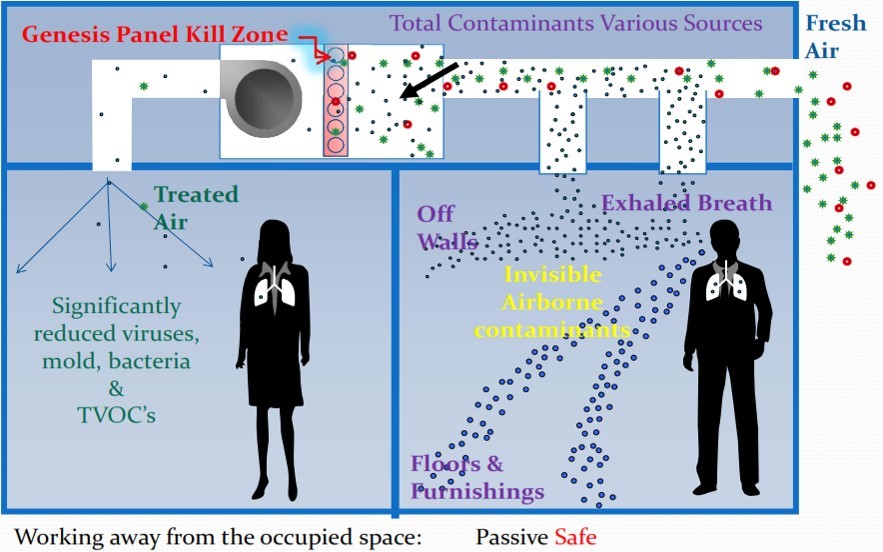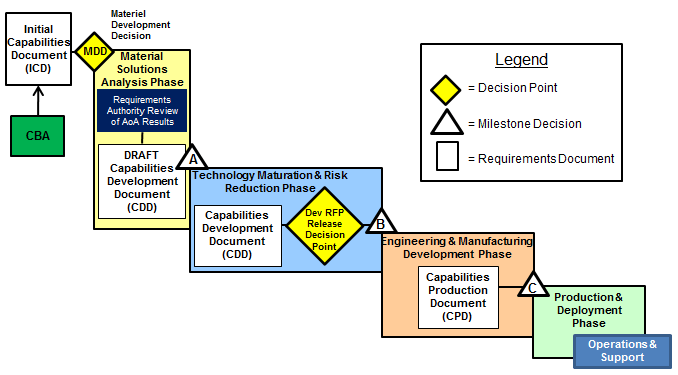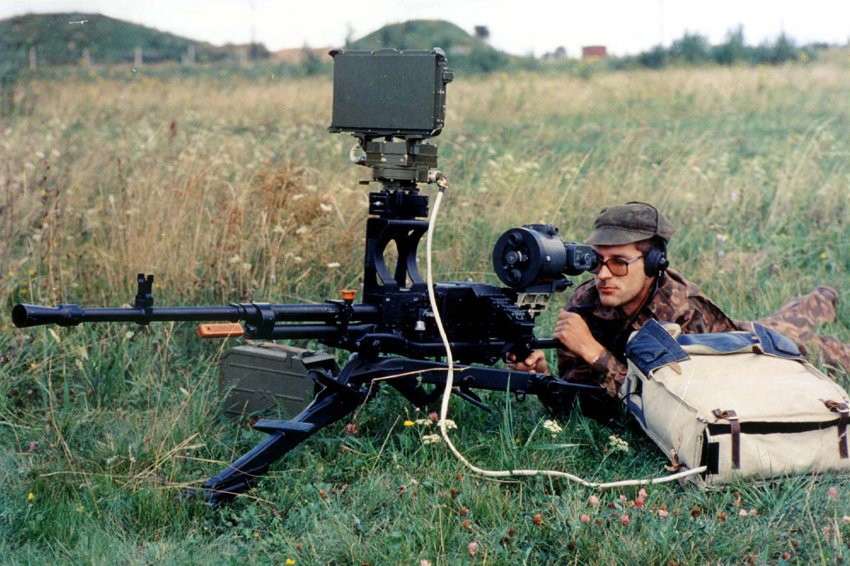USAF’s ISR dominance strategy for A2/AD environments based on disruptive technologies and the use of multi-role, cross-domain ISR collection capabilities

The U.S. military could suffer unacceptably high casualties and struggle to win, or perhaps lose, a war against China or Russia. This implication by the National Defense Strategy Commission stands in contrast to the past several decades during which the…...








